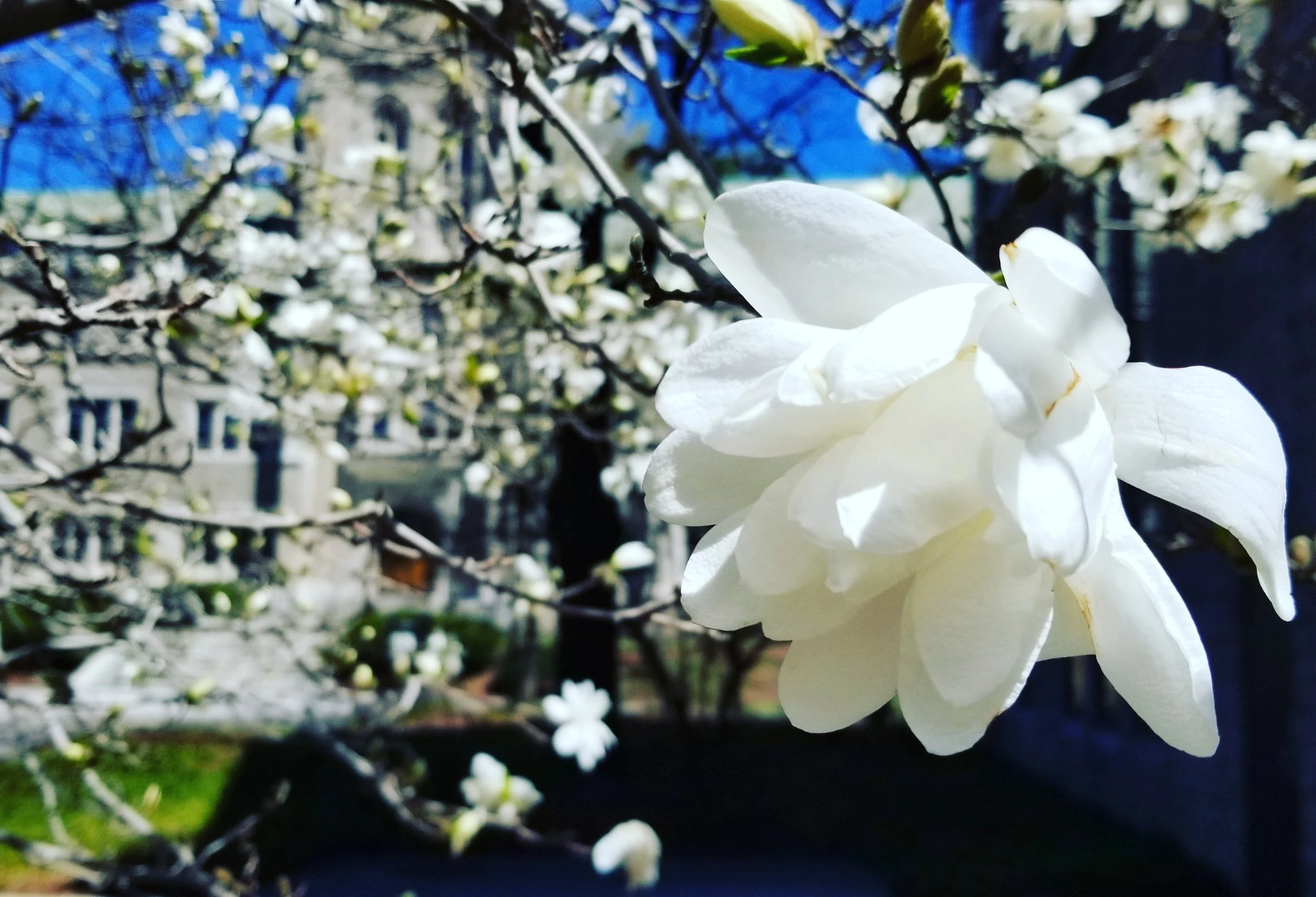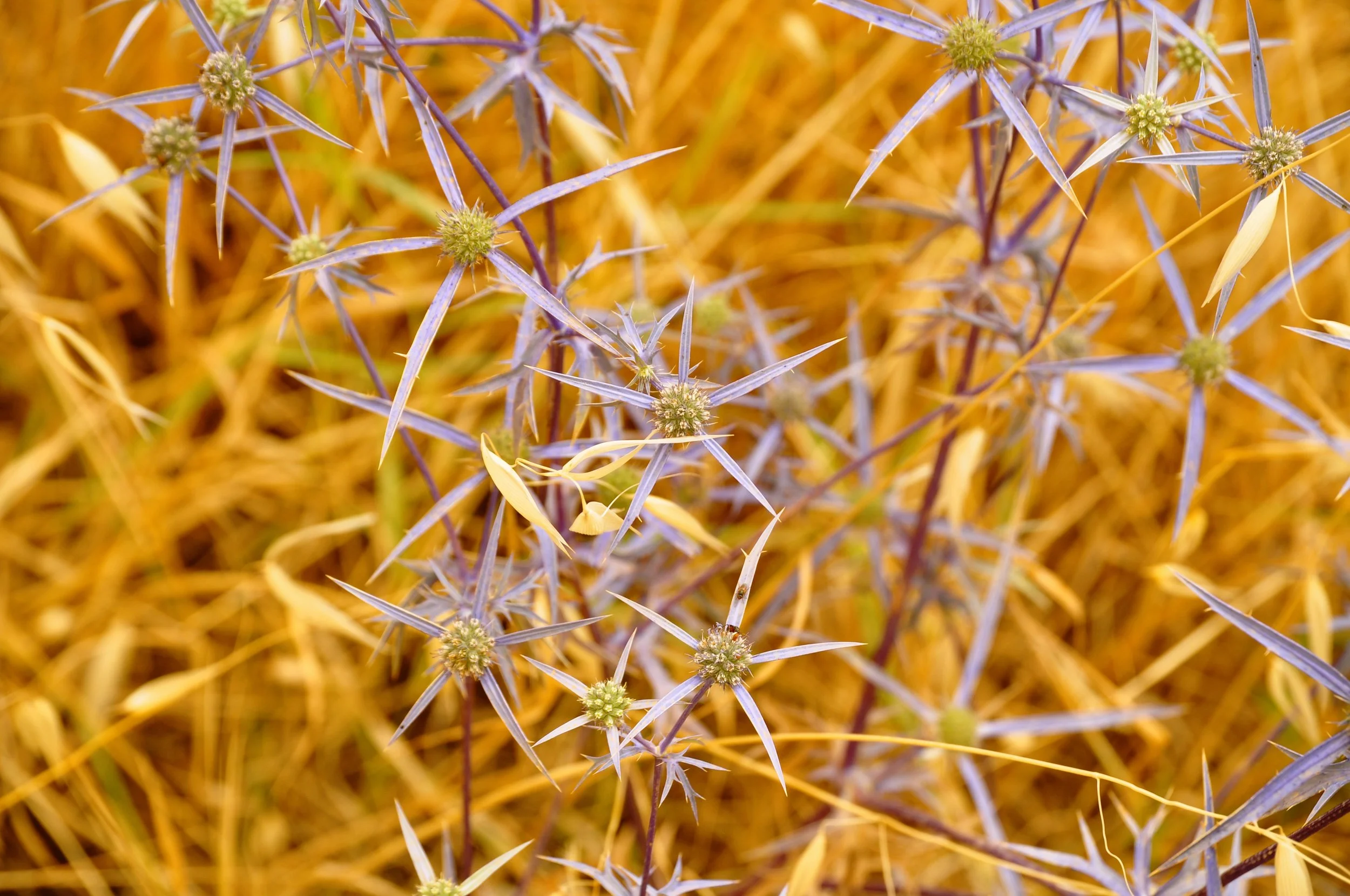Featured Talks
-

Wonderstruck 2024: Symposium on Consciousness
Can consciousness extend beyond the human mind and embrace plants, animals, and even ecosystems? In this enlightening panel discussion from A Symposium on Consciousness, Natalia Schwien, Rachael Peterson, and Dr. Christine Webb join moderator Professor Charles M. Stang to delve into the concept of Consciousness and the More-Than-Human World. Together, they explore what it means to move beyond human-centric views of consciousness and acknowledge the complex intelligence and sentience in non-human life forms.
-

Planting for a Greater Community: Thinking Relationally in Horticulture Design for Both Humans and Nonhumans
Thinking with Plants & Fungi at the Center for the Study of World Religions: This talk with ecological horticulturist Rebecca McMackin asks: how do we think about designing public spaces with human and nonhuman needs in mind? Why does it matter to plant for native species? How do our horticulture choices intersect with equity and social justice? Why does thinking about community matter when thinking about land? Gardens are more than communal spaces for recreation, they provide a vital oasis in urban environments for plant and animal species to thrive while concurrently reminding humans that even a cityscape, we're entwined with and surrounded by nature. By thinking relationally and taking the needs of our insect, bird, fungi, tree, and other nonhuman neighbors seriously, we can reshape our immediate landscapes to be more ecologically sound, biodiverse, and restorative – all while supporting joy and connection.
-
Planta Sapiens and Human Impatience: Are we patient enough to learn how smart plants are? with Paco Calvo
Thinking with Plants & Fungi at the Center for the Study of World Religions: A growing body of empirical research reveals that plants exhibit cognitive capabilities traditionally attributed to animals. In this talk, Paco Calvo reflected on the current challenges faced by the field of plant signaling and behavior, including risks of underdelivering and strategies to avoid biases that may lead to overinterpreting results.
-

Sentient Ecology Session: Queer, Sentient, & Visionary Ecologies
This seminar aims to explore queer, sentient and visionary perspectives on the ecologies we inhabit in a critically damaged planet. Bringing together thinkers and makers from the fields of the arts, the social and natural sciences, and technology, this seminar proposes to create an experimental and intersectional learning platform that will open up a space of encounter and exchange between different epistemologies and worldviews on the environment. How can we think and envision multiple natures and futures to come?
-

Harvard Museum of Natural History Earth Week 2021: Ecology and Spirituality:
This informal roundtable features four Harvard Divinity School graduate students coming together to speak about the intersection of ecology and spiritual practice. From providing practical ways to connect with nature in urban spaces and thinking about mindfulness in waste reduction to learning how to pause with tea, they explore how their belief systems engage with the natural world and how that impacts their daily lives.
-

Harvard Program for the Evolution of Spirituality: Virtual Colloquia on Power Dynamics
This colloquia series features a variety of speakers, including practitioners, scholars, survivors, and activists, who come together to talk about their experiences around power dynamics, both positive and negative, in emerging and alternative spiritual and cultural organizations. This series reflects the Program for the Evolution of Spirituality's commitment to sponsoring scholarly conversations that fully include both practitioners of emerging spiritualities and persons who have experienced harm within spiritual movements.
-

Explorations in Interdisciplinary Psychedelic Research:
April 1, 2023: The Harvard Psychedelics Project at Harvard Divinity School, a student organization, presented this conference to gather faculty, researchers, and students from across Harvard University to explore their diverse, interdisciplinary, and promising research on psychedelics.


